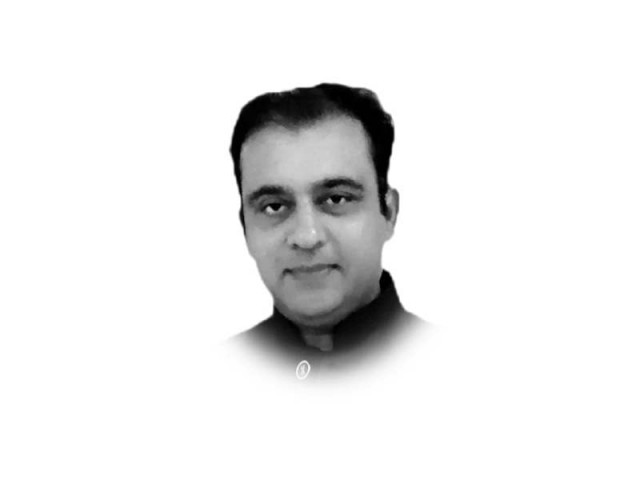Pakistan in the global spotlight
Gaza Peace Summit marked Pakistan’s re-emergence on the global stage, but sustaining momentum will depend on strategy

At the ringing shores of Sharm el Sheikh last week, a moment unfolded that signalled a dramatic shift in Pakistan's global standing. US President Donald Trump paused his own address at the Gaza Peace Summit and handed the microphone to Prime Minister Shehbaz Sharif, inviting him to say a few words. Remember, Shehbaz was the only leader among the 20 gathered in Egypt who Trump asked to speak. Shehbaz responded with lavish praise, calling Trump "a man of peace" and nominating him for the Nobel Peace Prize, thus placing Pakistan at the heart of a critical diplomatic moment in the Middle East.
The optics were unmistakable. Where once Pakistan struggled to get a hearing on the global stage, it now had one of the world's most powerful men not only acknowledging it, but essentially elevating it. Analysts in Washington believe Trump's willingness to bring Pakistan into his inner diplomatic circle may reflect a broader shift in the US foreign-policy priorities under Republican influence who values bilateral ties and unconventional alliances over multilateral frameworks.
Why has Pakistan found itself back in the limelight? Several converging factors help explain this resurgence.
First, the change in Washington's diplomatic mindset. The inbound Republican era does not treat alliances in the classical sense, instead, relationships are transactional, strategic and personality-driven. In this scenario, Pakistan fits the bill. It is a country with military capability, nuclear status, regional complexity and the ability to broker or block access. Under the previous administration, Pakistan often felt sidelined, now, it is back in the conversation.
Second, Pakistan's operational successes have given it credibility. The capture of a top Islamic State Khorasan Province (ISKP) militant involved in the Abbey Gate bombing helped Pakistan make early inroads in the White House.
Third, the India-Pakistan flare-up in May this year after the Pahalgam attack served as a backdrop that changed perceptions. Trump, who admires displays of strength, met Pakistan's Chief of Army Staff Syed Asim Munir in June amid the Iran-Israel war. The meeting reportedly left a "deep impression" on Trump, contributing to the renewed warmth between the two.
Those developments have allowed Pakistan to punch above its weight in global diplomacy. Indian diplomats and experts often used to assert, "We are now in a different league; we don't care about Pakistan. We belong to the G7." Today, however, Pakistan has strategically forced India into uncomfortable positions. When India hypes the visit of the Afghan Taliban Foreign Minister as a major diplomatic win, it shows where its diplomacy ends up.
Still, all this fanfare is only half the story. The real test lies in how Pakistan translates this elevated strategic posture into tangible, sustainable economic gains.
Will Pakistan leverage its moment in the sun into scaled foreign direct investment, favourable trade deals and stronger regional influence? Or will it rest on diplomatic applause, rhetorically praise the world's loudest peace-broker and earn little in the process? The distinction matters: symbolic relevance is useful, but if it doesn't produce some material upgrade in lives, jobs and investment, it may fade quickly.
Lastly, Pakistan's positioning with Trump presents both opportunity and risk. On one hand, being in the orbit of US presidential favour (especially of Trump's type) opens doors, on the other, it ties Pakistan's global relevance to personalities rather than robust institutional ties. Critics argue that reliance on charm diplomacy skirts the question of national dignity; some call it "psychofancy" while others see it as shrewd real-politik. In a crowded arena of great-power competition, you take any leverage you can get.
Islamabad must now back its diplomatic rise with hard economic deals, consistent policy follow-through and a willingness to engage across ideological aisles. Because in geopolitics, you don't win by being seen, you win by being counted.
















COMMENTS
Comments are moderated and generally will be posted if they are on-topic and not abusive.
For more information, please see our Comments FAQ